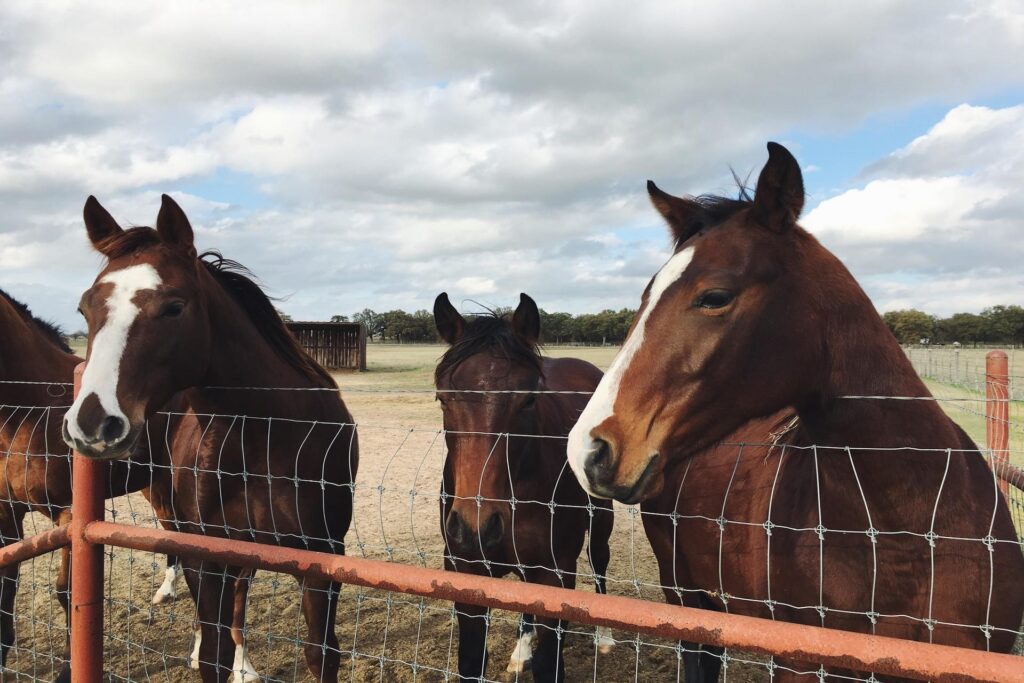Travelling abroad with horses always requires a lot of careful planning, but the addition of Brexit has led to further considerations and expenses. The 31st of December 2020 saw significant changes across the board, having consequences across all industries – and the equestrians are no exemption!
From exporting horse feed overseas to travelling abroad with your horses, there are more factors than ever to take into consideration. For regular travellers, including racehorse owners, and importers of equine products, the processes are likely to be more time-consuming and require in-depth planning to meet the new agreements. New posts are likely to be incurred in addition, with additional documentation and health checks required and even changes to import packaging.
Travelling to the EU with horses
Now that Brexit procedures are in place, there are multiple additional steps that need to be taken when travelling overseas with horses. Beforehand, equines must be tested for particular diseases, possess the correct ID documents and health certificates and meet residency requirements. A representative will be required within the country of arrival and various certificates will be required by border control before they are permitted to enter the country.
Before the Brexit changes were implemented, horse owners could travel freely between the UK and other European countries without any form of certification, but now a detailed piece of documentation is required which has caused issues for many. Health checks are also essential, with blood tests for a range of diseases being required prior to travel and physical checks being carried out at the border force.
The implementation of all of these new processes has had a knock on impact the holdup times. With so many documents to run through and a physical check on the horse itself, the delays are only getting worse and we have seen wait times of seven hours at the Calais crossing.
Exporting horse feed and products
It’s not just the transportation of the horses themselves that have been impacted by Brexit. New procedures have been put into place regarding the movement of horse feed and animal products that are being sent overseas, with documentation being required before sending them to the EU. A health certificate, import license and commercial documentation are all necessary steps to take before sending goods overseas.
Just mere weeks ago, products that were able to move freely between countries have now been held up due to the intense processes that are now required. In addition to the documents surrounding the products themselves, changes are being made to the shipping process. Heat treatment is now a requirement across all wooden packaging materials including pallets, crates and boxes in order to prevent the spread of any foreign pests and fungus.
Considering the long-term impact
Although the short term has caused a large amount of confusion and difficulty for equestrians, it is hoped that in the longer term, the processes will settle down and animal welfare will become the priority again.

